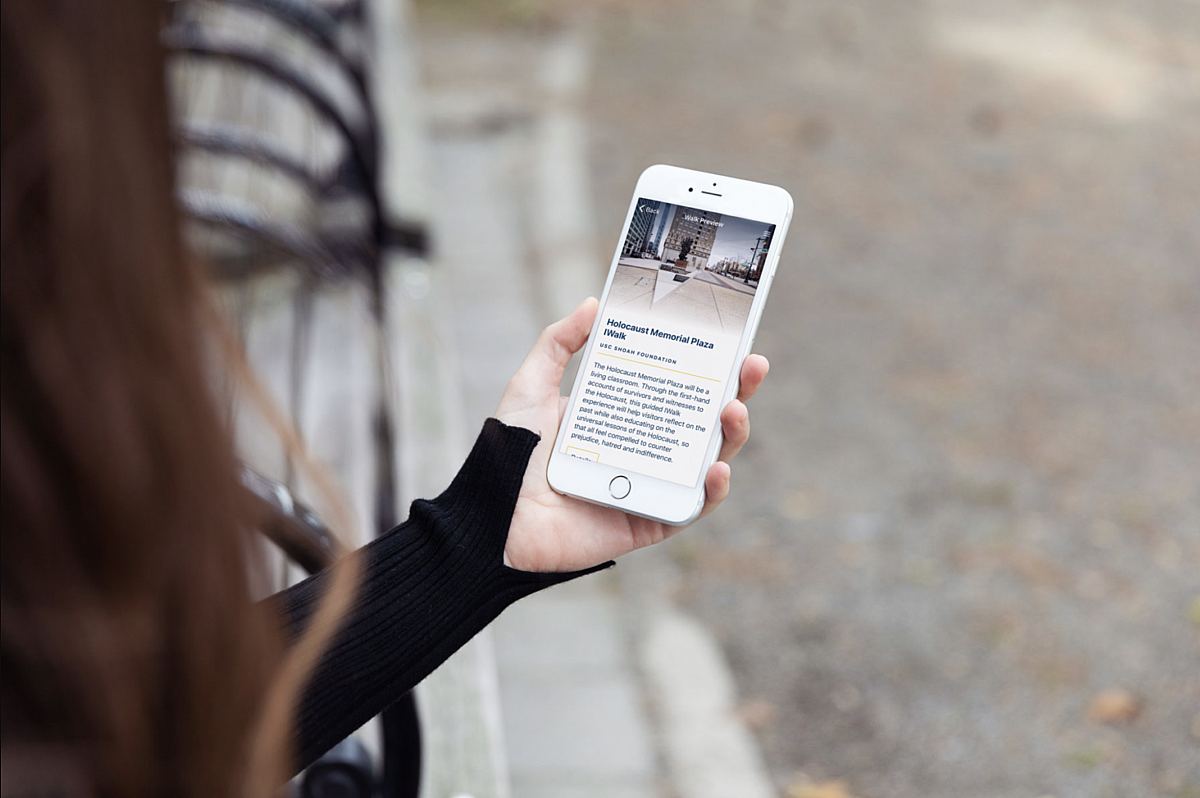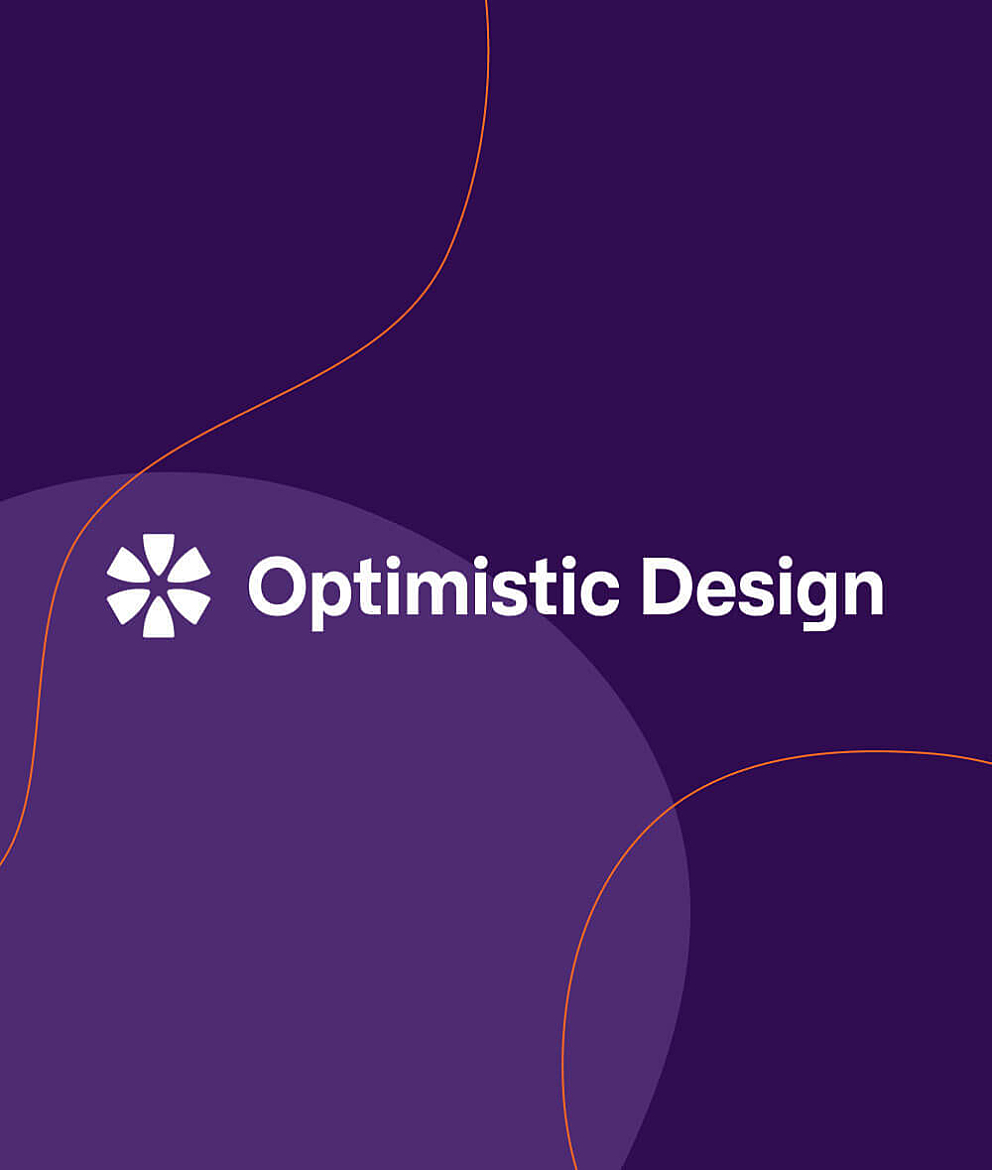Conscious Creation
Transformative strategies and digital experiences
Our clients are innovative foundations, enterprises, and start-ups looking for a partner that can take them from foundational research and strategy to transformative design and world-class software.
Discover how our services can benefit you—scroll down to learn more.
Our Work
Advancing the human experience in a digital world

Vroom
An integrated approach to supporting early learning
Social Impact iOS App Android App
Khan Academy
Leveraging research and storytelling to benefit historically under-resourced communities
Education Design Research + Strategy
USC Shoah Foundation
Modernizing experiential learning with a place-based mobile app
Edtech iOS App Android App
Jane
Simplifying the complicated world of legal cannabis for customers
B2B Responsive Website
equity-centered design
Introducing Optimistic Design!
Visit our new subsidiary, Optimistic Design, which is our practice focused on equity-centered design research and strategy. They are dedicated to transforming strategies and digital experiences through co-design across the edtech and social impact landscape.

